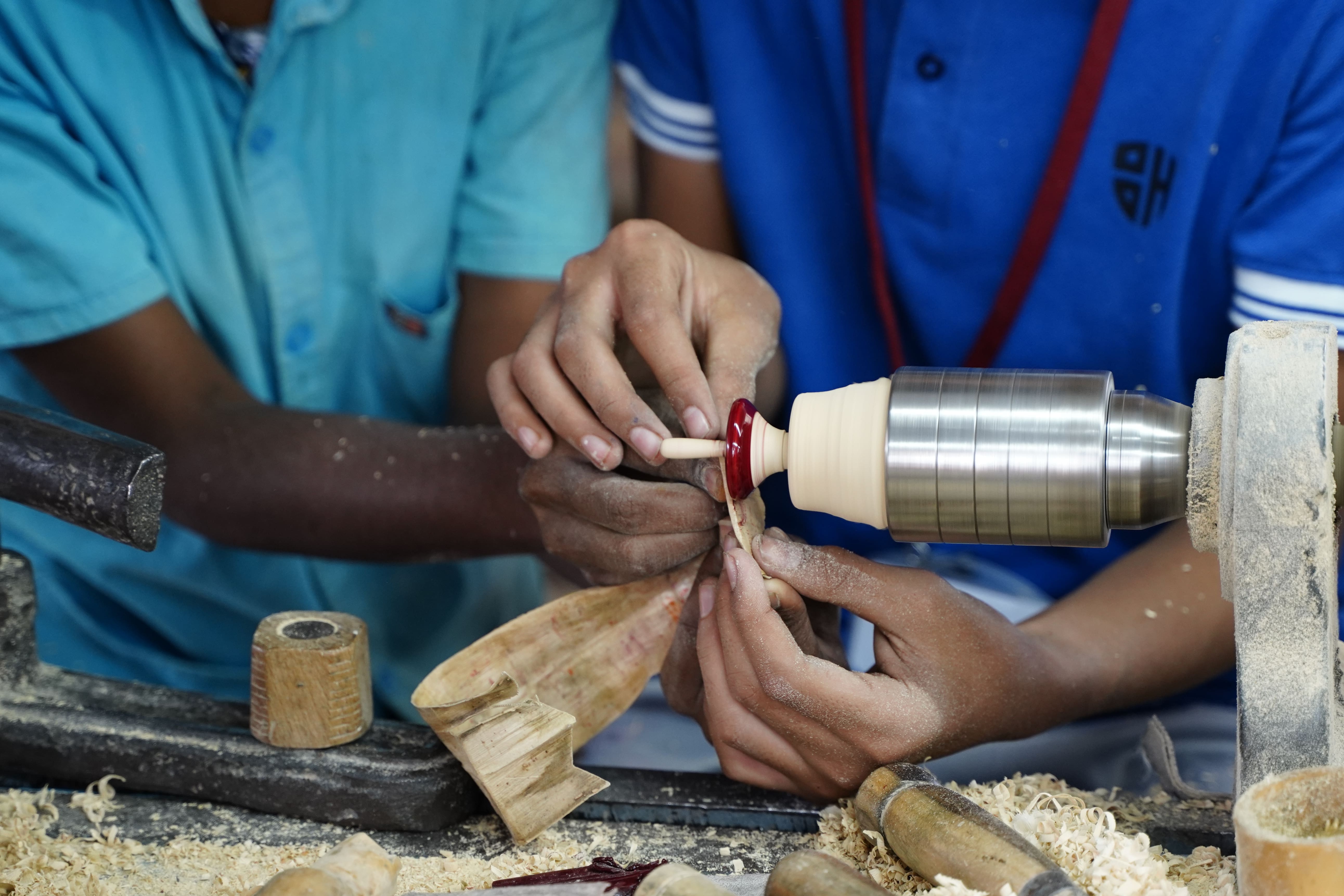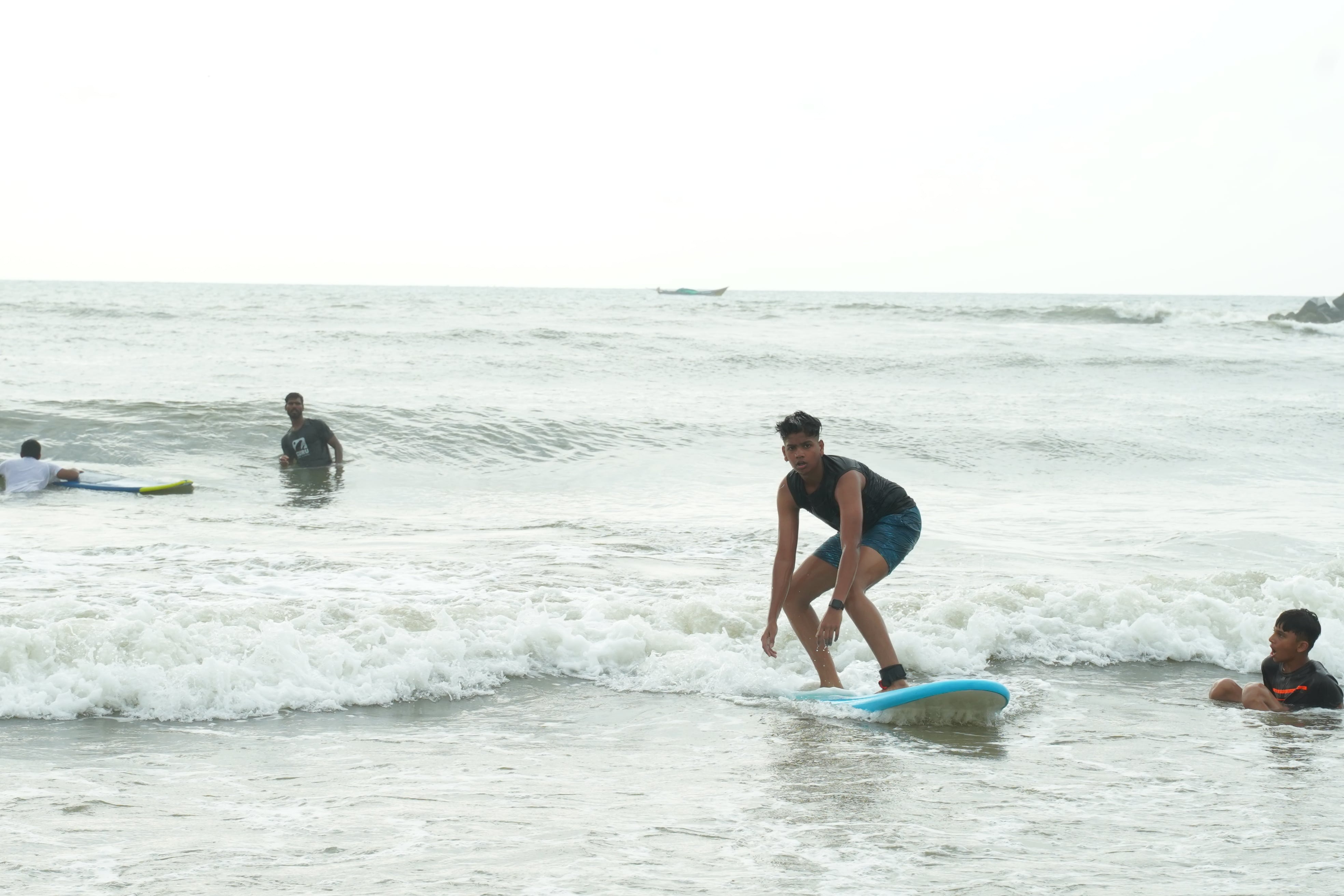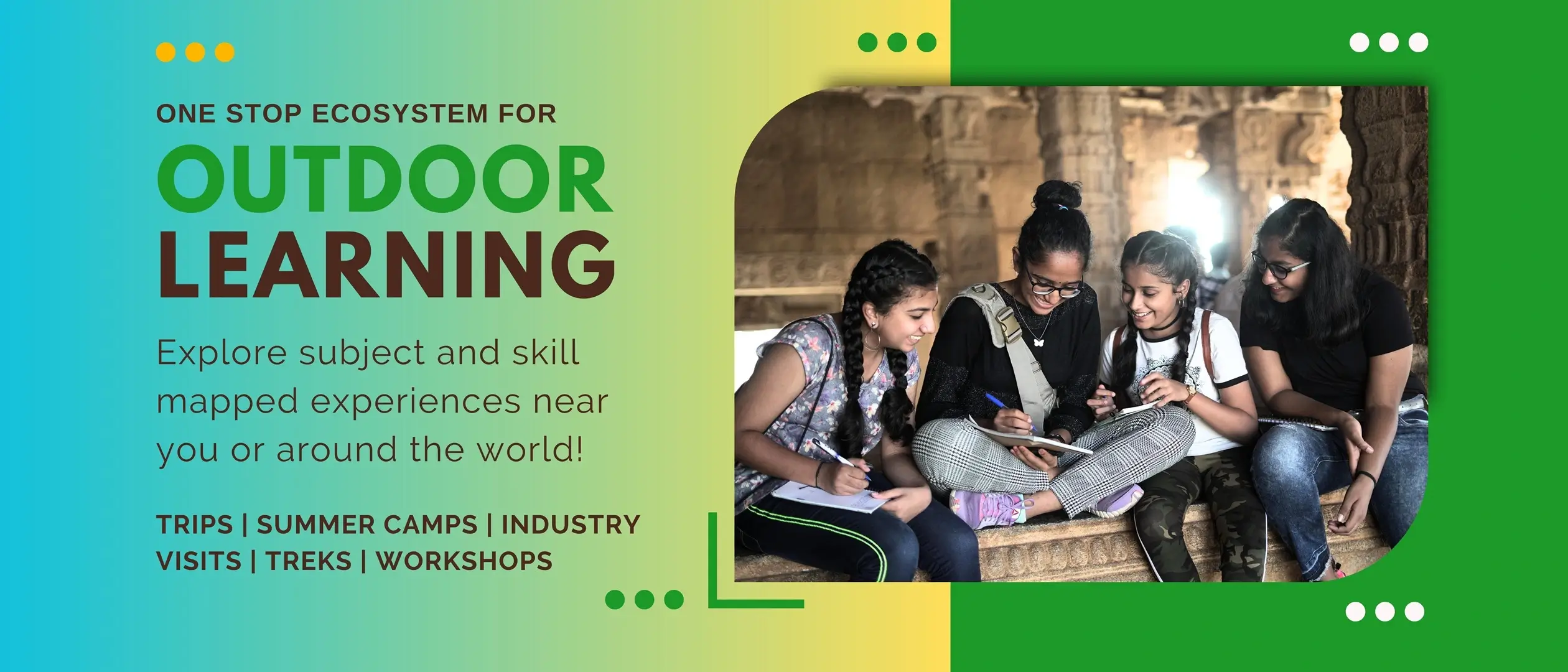
Exploring Industries
Weekend Getaways
Happening Soon
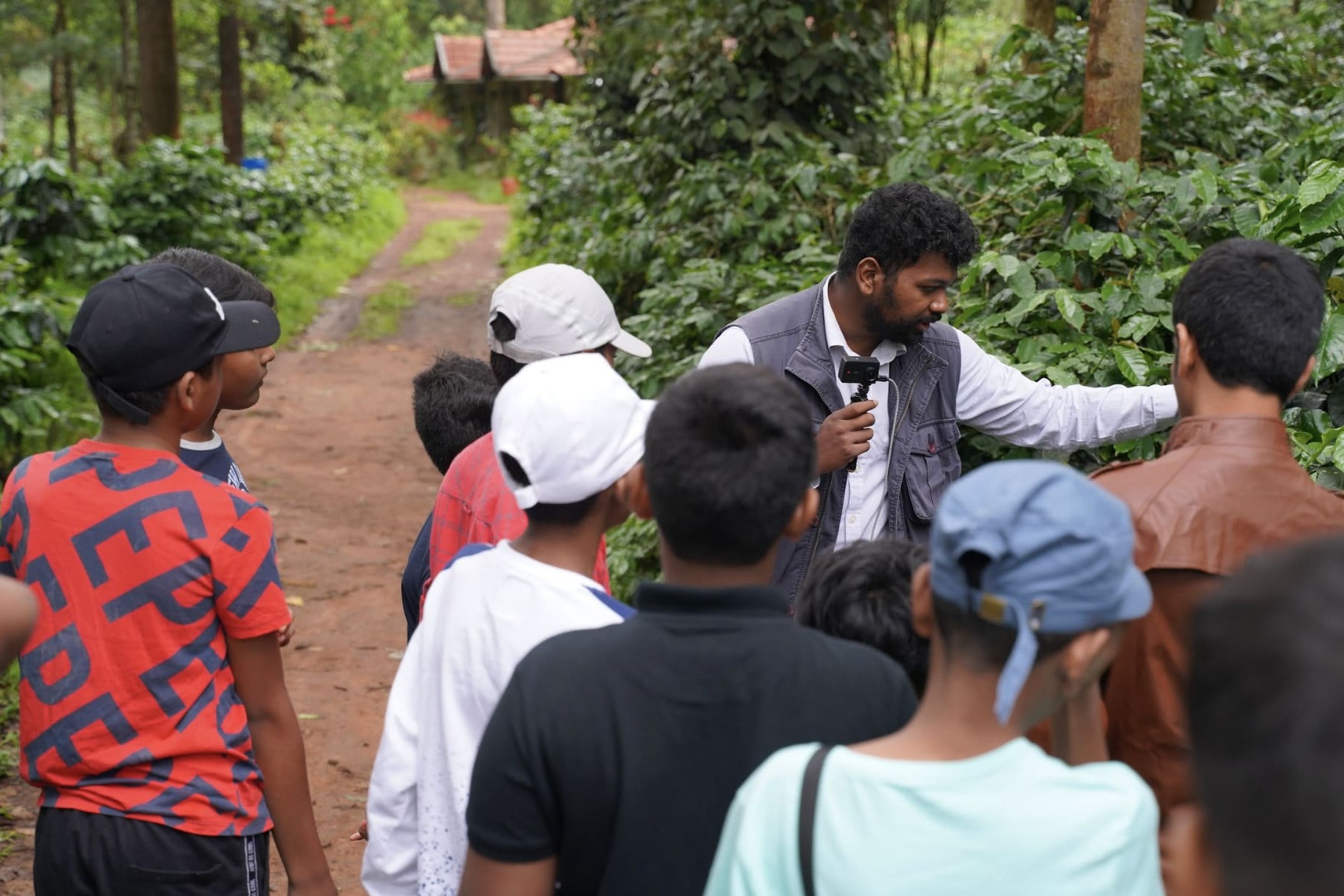
Leisure
Discover the Enigmatic Charm of Coorg
10 Feb 2024
3 Days
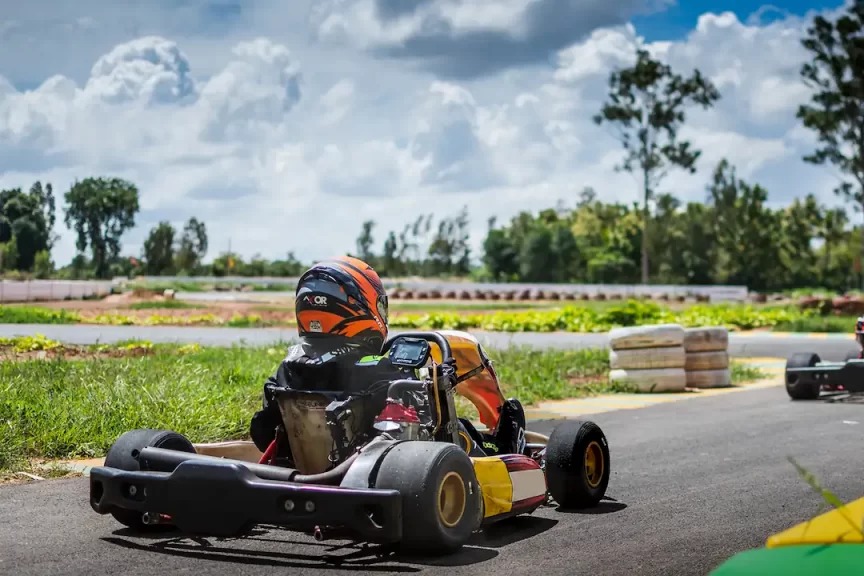
Workshop
Become a racing driver! Karting basics
10 Feb 2024
1 Day
Leisure Adventures
Curated camps & experiences coming up.
Stay UpdatedOur community has served thousands of students
Find curriculum and skill mapped field trips
We onboard only vetted service providers
Safety is given top priority in all experiences
Have a question? Live chat with us

